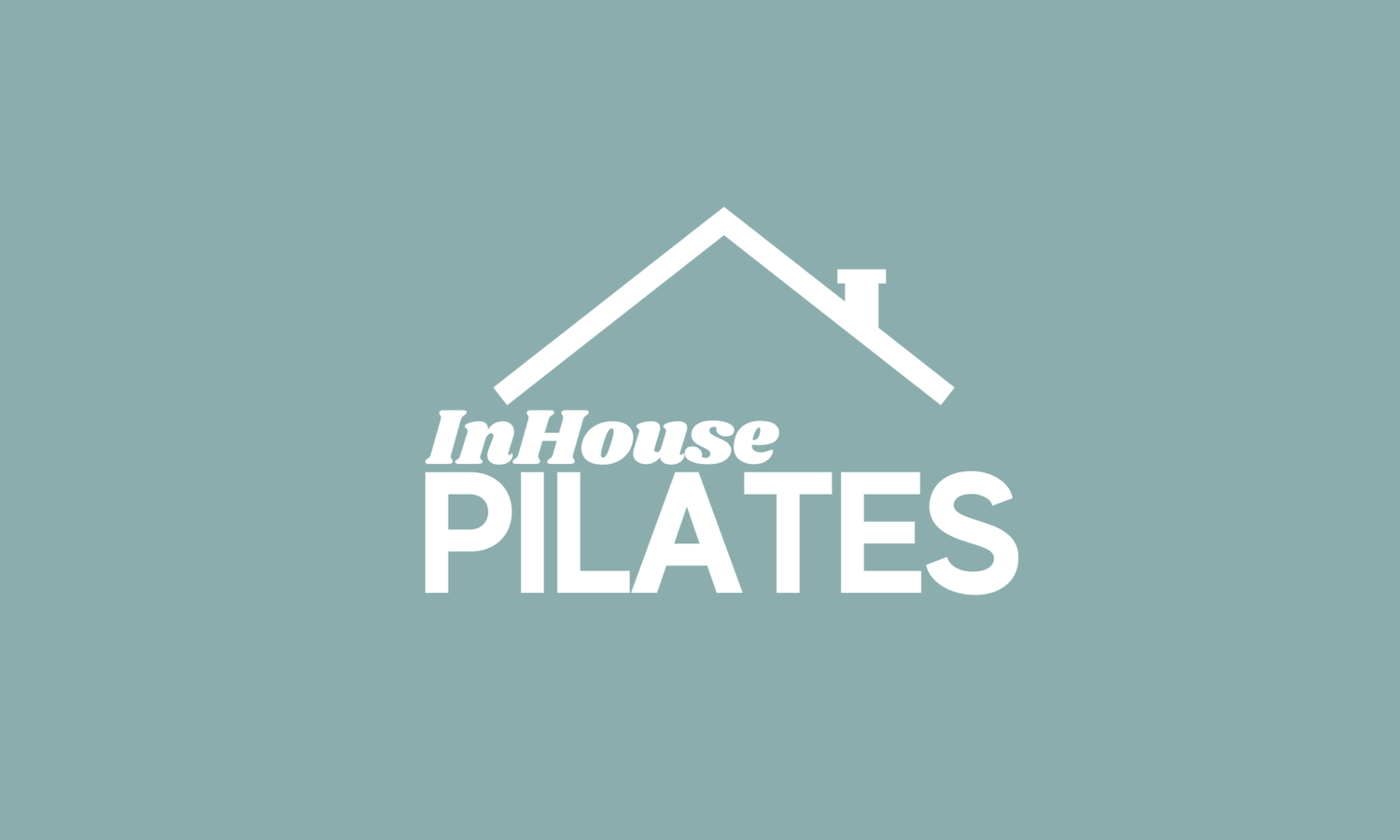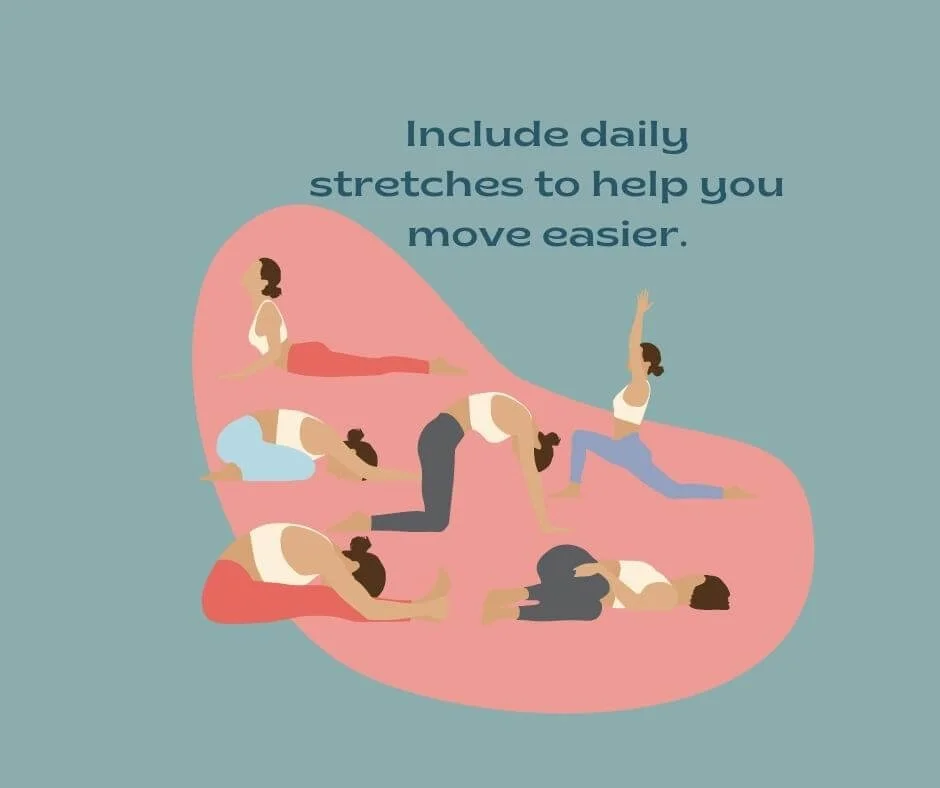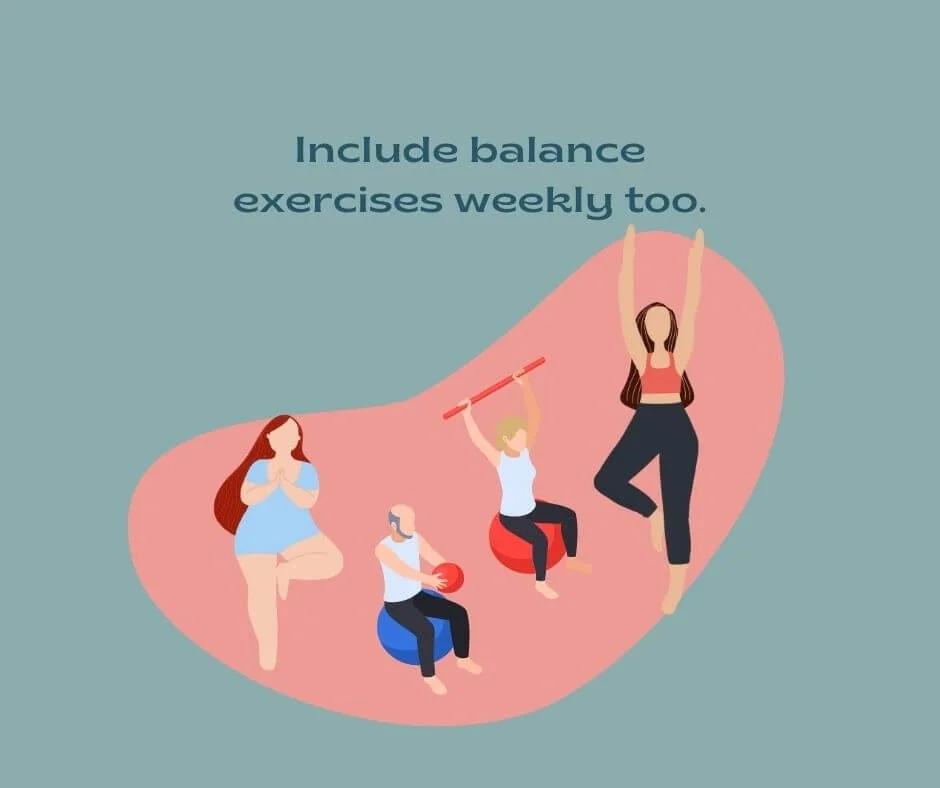Heart Research Month
1-28 February
“Heart disease is the leading single cause of death in Australia, killing 1 Australian every 28 minutes.”
1.2 million Australian's are affected by heart disease. 170 people have a heart attack every in Australia and killing 50 Australians every day!
Cardiologist Dr Edward Barin has established a wonderful new approach to keeping your heart healthy. He calls it the 4-M approach.
Move
Meals
Measurement
Mental Approach
Move
Why you should be moving more during the day:
Being active helps develop and maintain physical wellbeing and releases endorphins (your feel-good hormone) in your brain.
It helps maintain strong muscle and bones.
It creates opportunities to meet new people.
There is evidence that physical activity has a protective effect against colon cancer, postmenopausal breast cancer and endometrial cancer. and also improves cardiovascular fitness, maintains bone mineral density and reduces stress.
Exercising can help manage type 2 diabetes, heart disease, blood pressure, and cholesterol.
Any movement is good movement. Doing something is better than not doing anything.
However, once you start exercising; it can be as simple as just walking, start slowly adding 4 other types of exercise into your weekly routine namely:
Cardio - like your walking,
Strength exercises using either your body weight, hand weights or resistance bands,
Flexibility exercises stretching your muscles,
Balance exercises by challenging your balance by standing on one leg, doing calf rises or using a Pilates ball.
How much exercise should you do a week?
According to the Australian Government Department of Health and Aged Care, adults (1 - 64 years), each week we should all be doing at least ‘2.5 to 5 hours (150 - 300 minutes) of moderate intensity physical activity like brisk walking, golf, moving the lawn, aerobic classes or swimming’.
What’s “an intensity?” This refers to how hard your body is working while you are exercising.
How would you know if you’re exercising at a moderate intensity? A simple way is called a Talk Test. You will be able to talk, but not be able to sing while exercising.
‘Include 1.25 to 2.5 hours (75 - 150 minutes) of vigorous intensity such as jogging aerobics, fast cycling or netball. You would definitely not be able to talk during your vigorous exercise, as a matter of fact you’ll be gasping for breath.
Or an equal amount of both intensities.
Including strength exercises at least 2-3 times a week.
Use hand weights, resistance bands or just your own body weight to challenge your muscles and bones.
Exercises like push-ups, lunges, squats or digging in the garden.
These exercises help muscles and bones to stay strong, but it also helps you do life easier, like standing from seated position, or completing your daily chores or carrying your groceries.
To maintain flexible and mobile, add stretching into your daily routine. This can be done in the morning to get you up and about or evenings to wind down from the day or after exercise, to reduce stiffness or DOMS (Delayed Onset of Muscle Soreness).
It is usually recommended to hold each stretch for at least 30 seconds.
As we age, we seem to lose our balance more often.
Simple exercises like standing on one leg, walking forward and backwards on a line or using a Pilates ball all challenge your centre of gravity and improve your balance.
To find out how you can build more activity into your day, click here.
Meals
Dr Barin recommends 'eat intelligently': "Good nutrition extends beyond just controlling your intake of cholesterol, calories, and chocolate'.
Eat a rainbow colour of fruit and veggies, each with their own unique goodness and benefit."
Measurement
Know your numbers.
Dr Barin recommends that you keep track of your health measurements like:
Your cholesterol readings,
Blood pressure reading,
Blood sugar reading,
Your waist circumference
I would recommend adding the following too:
Your BMI,
Your resting heart rate (what your heart rate is when you are completely at rest),
Your bone density reading,
How you feel with regards to your mental health,
How well you are sleeping.
Mental approach
Studies show that stress, anger and depression can lead to heart disease.
Being in a constant fight-or-flight response can cause inflammation, and increase the risks of many diseases like dementia, heart disease and stroke.
Find ways to manage stress, here are some ideas on how you can do that:
As mentioned, regular exercise releases endorphins in your brain. Go for a walk or join a fitness group.
Practice various breathing techniques like box-breathing to help with stress and anxiety.
Inhale through your nose for 4 counts, taking the breath deep into your ribs and belly.
Hold the breath for 4 counts.
Slowly exhale through your mouth for 4 counts.
Hold the empty breath for 4 counts.
Repeat again for at least 4 more times.
Do as often as you need to calm your nerves and relieve stress.
Note -
Be conscious and mindful of each breath.
Reduce loud noise in your environment.
Ensure that you are getting the proper rest that your body needs, we all need at least 7 hours of good quality sleep a night.
Enjoy some sunshine. Get outdoors into nature, be present and use your senses to enjoy the surroundings, feel the sun on your skin, hear the wind or birds in the trees. See the wind blowing in the leaves of the trees ...
Practice stretching your muscles whenever you need to during the day. We often hold tension in our neck, shoulder and upper back.
Get socially connected. Being isolated and alone can often create negative thoughts. Ensure that you are connecting with people that uplift and encourage you.
Counter negative thoughts. If you often have negative thoughts, start by having 3 positive thoughts for every negative thought. You can also start a gratitude diary where you write 3 things that you’re grateful every day. They don’t have to be fancy, keep it simple like being grateful for having a bed to sleep in, running water etc.
Reach out for help if you find that you are not coping with stress, anger or depression.
There you have it. Take better care of your heart today for a better future.










